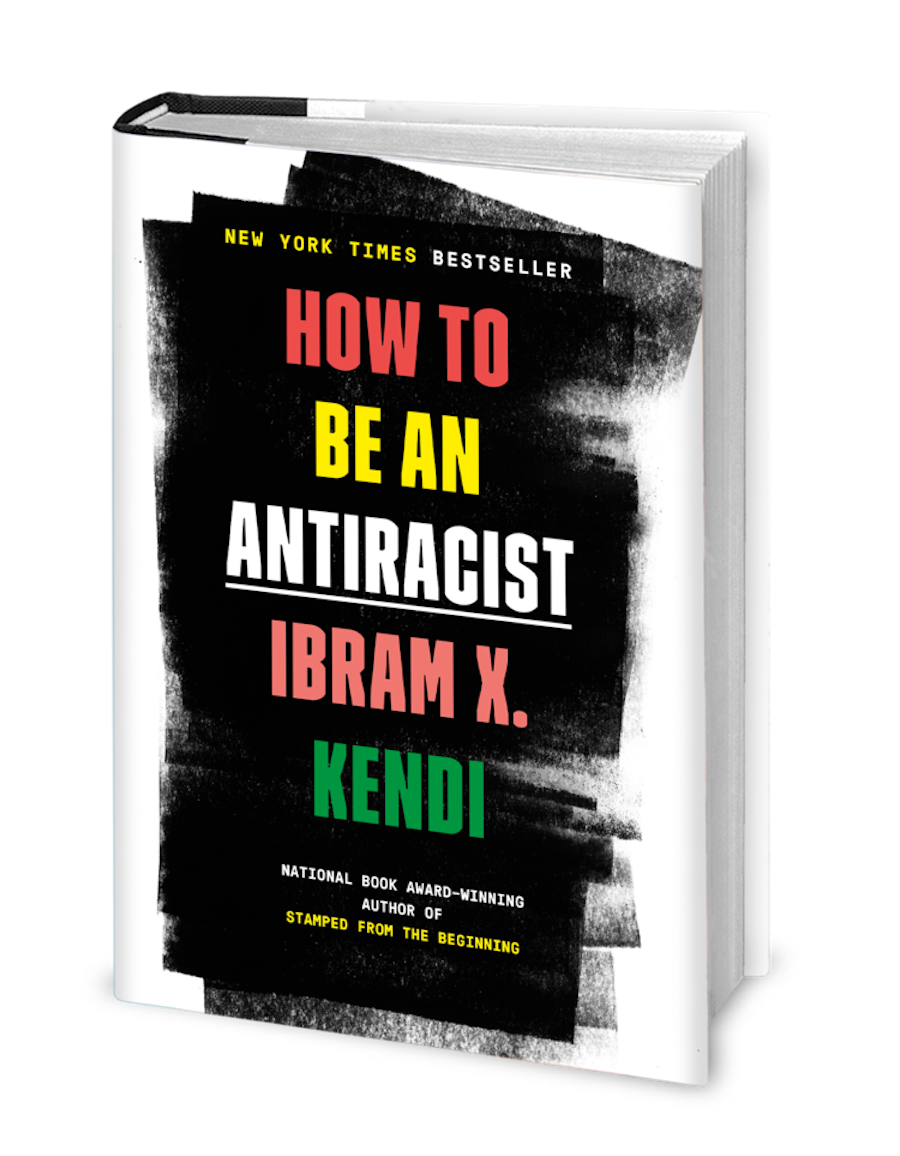How to Be an Antiracist
By Ibram X. Kendi
One World/Penguin Random House: 2019
“There is no neutrality in racism.” That point is central to Ibram X. Kendi’s proposals in How to Be an Antiracist. The opposite of “racist” isn’t “not racist,” Kendi argues, but “antiracist.” That is, it is not enough to merely claim one is not a racist. One must actively support antiracist policy, substantiated through expressing antiracist ideas.
Widely lauded as one of the best nonfiction books of 2019, How to Be an Antiracist is a historical account of racism, an ideological study, and a roadmap for how we can be better.
What makes this work particularly compelling, however, is that Kendi uses his own experience to frame the narrative. As a black man growing up in New York City and then the South, Kendi seamlessly weaves in personal anecdotes that add richness to his work. The reader is able to peek into the grade school classroom where Kendi experiences early racial injustice and observe interactions with his college roommate that helped him form his sense of self.
 Kendi does not examine race in a vacuum. Rather, he views race as a social construct, inseparable from public policy, education, ethnicity, culture, class, gender, physical spaces, and sexuality. Each chapter looks at the various ways race is inextricably linked with these categories.
Kendi does not examine race in a vacuum. Rather, he views race as a social construct, inseparable from public policy, education, ethnicity, culture, class, gender, physical spaces, and sexuality. Each chapter looks at the various ways race is inextricably linked with these categories.
What may be challenging for some readers is that Kendi departs from mainstream racial theory as he criticizes some commonly held notions about “institutional racism” defined as the Total White Community benefitting at the expense of the Total Black Community. He does not shy away from looking at his own biases. He does conclude, however, that all of society suffers from insidious racism and everyone supports policies, in one way or another, that uphold racism within each of our institutions.
When Kendi was diagnosed with stage-four metastatic colon cancer, he began viewing racism as a form of cancer. Just as cancer had spread throughout his body, racism had spread to “every part of the body politic.” It made him wonder if we can treat racism the way we treat cancer, using chemotherapy constructed of antiracist polices that shrink the tumors of racial inequities and finally kill cancer cells; and removing the remaining racist policies with surgery, until only racial equity remains.
With racism, like cancer cells, multiplying and dividing everywhere, Kendi does not hold out hope that simply by being antiracists we will cure our inequities. Rather, he believes that we need to combat racism by not losing hope in a battle that is seemingly unwinnable. We must also believe, against all odds, that we can be antiracist and effect change. Our humanity depends on it.
Jennifer Wertkin is director of the Wellfleet Public Library.



